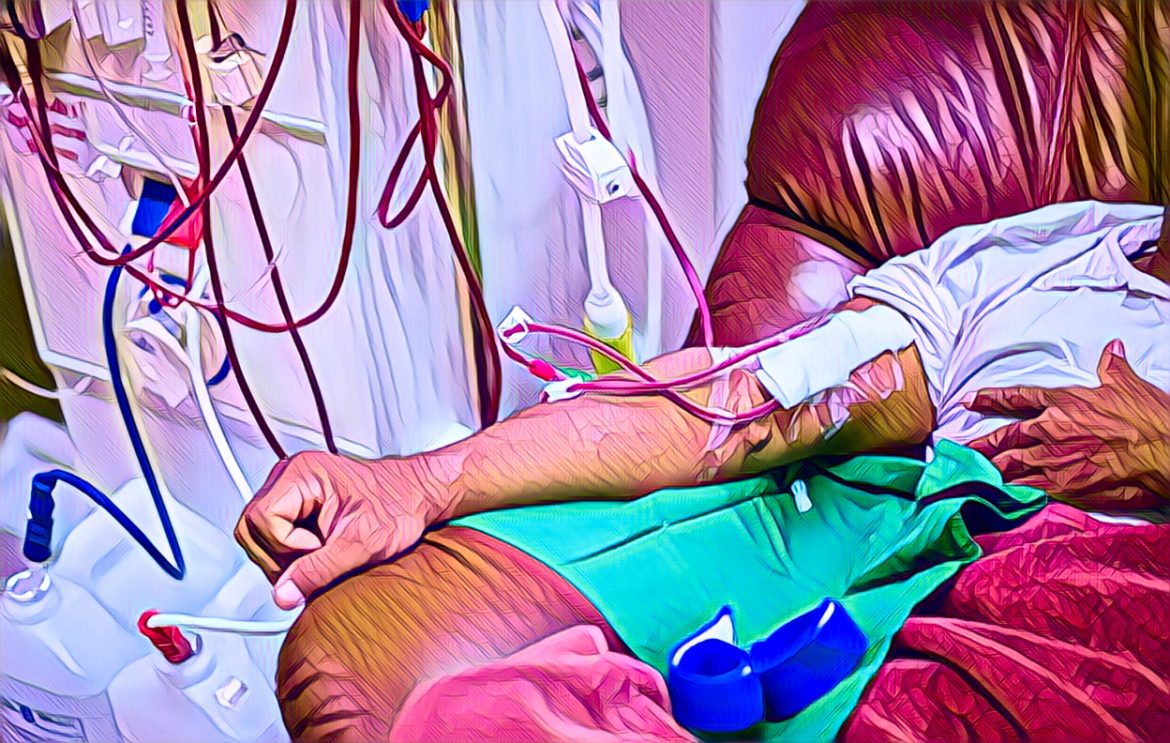Key points
-
Zimbabwe kidney transplant advocates call for local treatment programs.
-
Transplants cost less and improve survival compared to dialysis.
-
Most patients cannot afford expensive foreign treatment.
Health advocates in Zimbabwe are urging the government to establish local kidney transplant programs, saying the current system forces patients abroad for costly treatment.
For families like that of 37-year-old Daniel Bakara from Mhangura, the need feels urgent. He recalls the pain of losing his mother to kidney failure because they could not afford treatment.
“As a family, we didn’t know how to save her when doctors told us it was kidney failure,” Bakara said.
“We moved from one private hospital to another, but even public hospitals could not help. We watched helplessly as her health deteriorated before she died.”
Kidney failure cases are increasing due to hypertension, diabetes, and aging. Zimbabwe records about 1,000 cases of chronic kidney failure per million people each year, yet only an estimated 700 patients have access to dialysis.
Most patients depend on urban facilities in Harare, leaving rural communities with limited care.
Cost burden fuels push for Zimbabwe kidney transplant
Former Health Minister Obadiah Moyo, who now chairs the Zimbabwe Kidney Foundation, said local transplants would save lives and reduce the government’s financial burden.
“The government covers the cost of dialysis in public hospitals, but this strains national resources,” Moyo said. “Transplantation is cheaper and offers a better quality of life.”
A study he conducted compared costs: US$37,395 for hemodialysis, US$27,007 for peritoneal dialysis, and US$11,426 for a kidney transplant.
Transplant patients also had better long-term health, with fewer dietary restrictions and fewer cardiovascular complications.
Currently, most patients travel abroad for transplants, paying high foreign currency fees. Moyo argued that setting up a program at home would cut costs, minimize risks of infection, and reduce dependency on dialysis machines.
He previously established a kidney transplant unit at Chitungwiza Central Hospital in 2015 and has advocated for a public-private partnership model.
Under his proposal, the government would provide infrastructure such as intensive care units, theaters, dialysis labs, and radiology services, while private partners would bring expertise and investment.
Experts call for screening and awareness
Health groups back the push. Muchanyara Cynthia Mukamuri of the Self-Help Development Foundation called the idea “a strong step toward saving lives.”
“This will help with early detection, awareness, and better access to treatment,” she said.
Cimas Group CEO Vuli Ndlovu said regular kidney screening is crucial, especially for people with diabetes, high blood pressure, or a family history of kidney disease.
“Early detection and timely treatment can slow the disease and improve outcomes,” Ndlovu said. He noted that many rural patients are left behind because dialysis services remain concentrated in cities.
Globally, kidney transplantation is the most common organ transplant, with more than 111,000 performed in 2023.
Turkey leads in successful kidney transplant procedures due to advanced facilities and expertise. Advocates say Zimbabwe can learn from such models and create a sustainable program at home.


